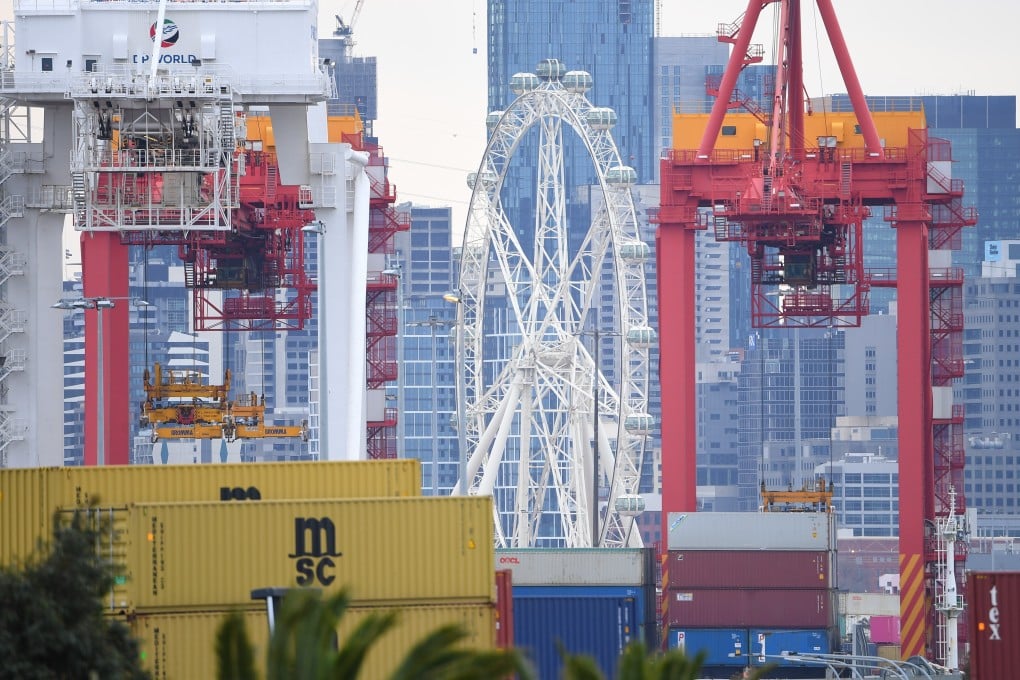Australia has ‘painted itself into a geopolitical corner’ with China, but what is Beijing’s trade endgame?
- Australia agreed to lead the investigation into the origins of the coronavirus following a call between its Prime Minister Scott Morrison and US President Donald Trump
- China has since imposed anti-dumping tariffs on Australian barley, suspended certain beef imports and launched two investigations into wine imports

Australia’s over-reliance on the goodwill generated by its free trade agreement with China to shield it from the ramifications of its political alliance with the United States could result in problems with Beijing for years to come, trade and foreign affairs experts said.
The rapid deterioration in China-Australian relations is generally perceived to have been fuelled by miscalculations on both sides.
It turned out that China called Australia’s bluff, and now Canberra has painted itself into a geopolitical corner
“After the US changed its trade policy, it was chiefly Australia that relied on the ChAFTA to challenge the status quo [of its then sound relationship with China] on the assumption that Canberra could toe Washington’s line without Beijing’s reprisals due to the obligations set in the ChAFTA.
“It turned out that China called Australia’s bluff, and now Canberra has painted itself into a geopolitical corner.”
China, too, relied on the good relations formed from the five-year old free trade deal, in that it both overestimated the strategic influence of ChAFTA on Australia and underestimated the strength of the relationship between Australia and the US, Di Lieto added.